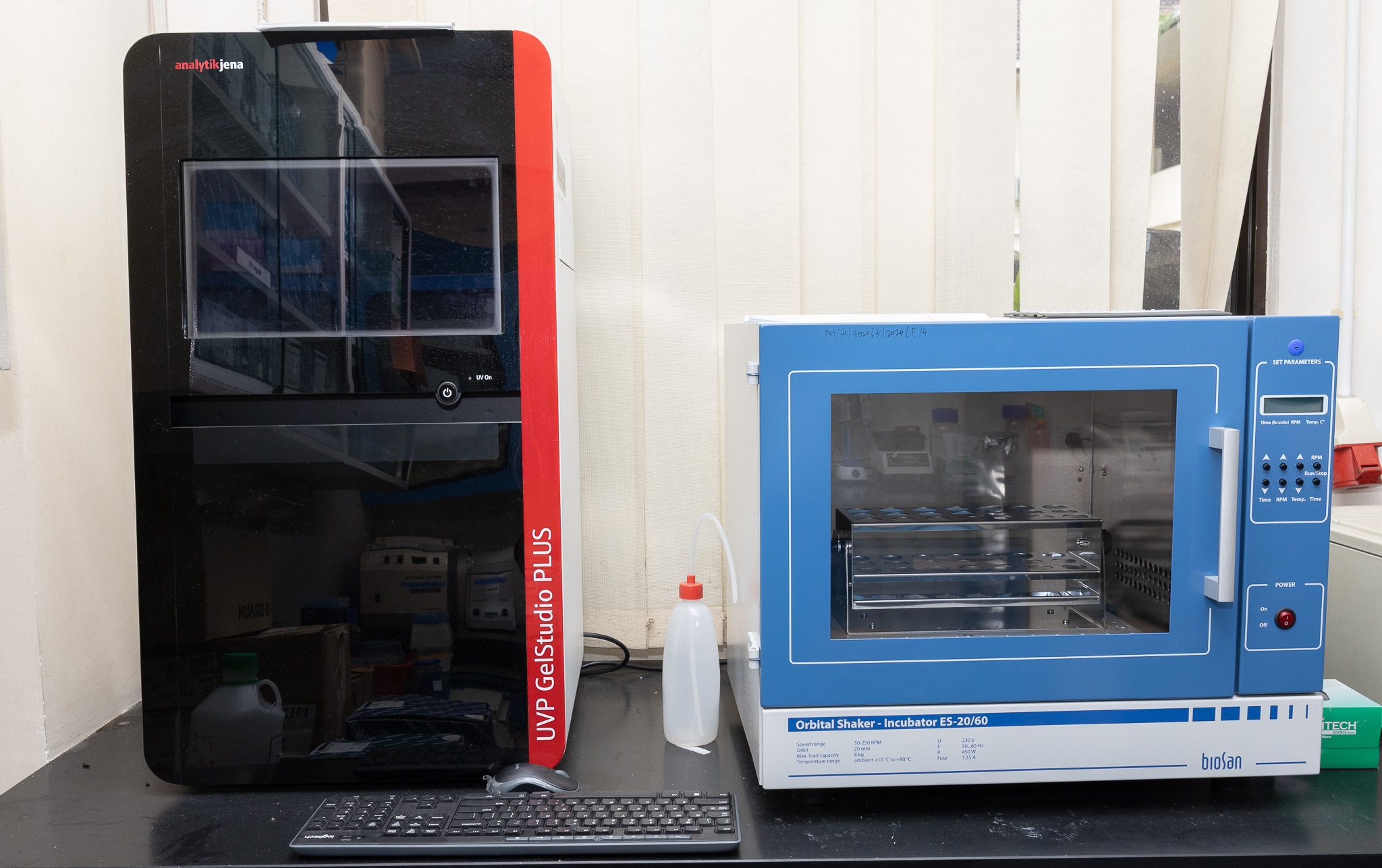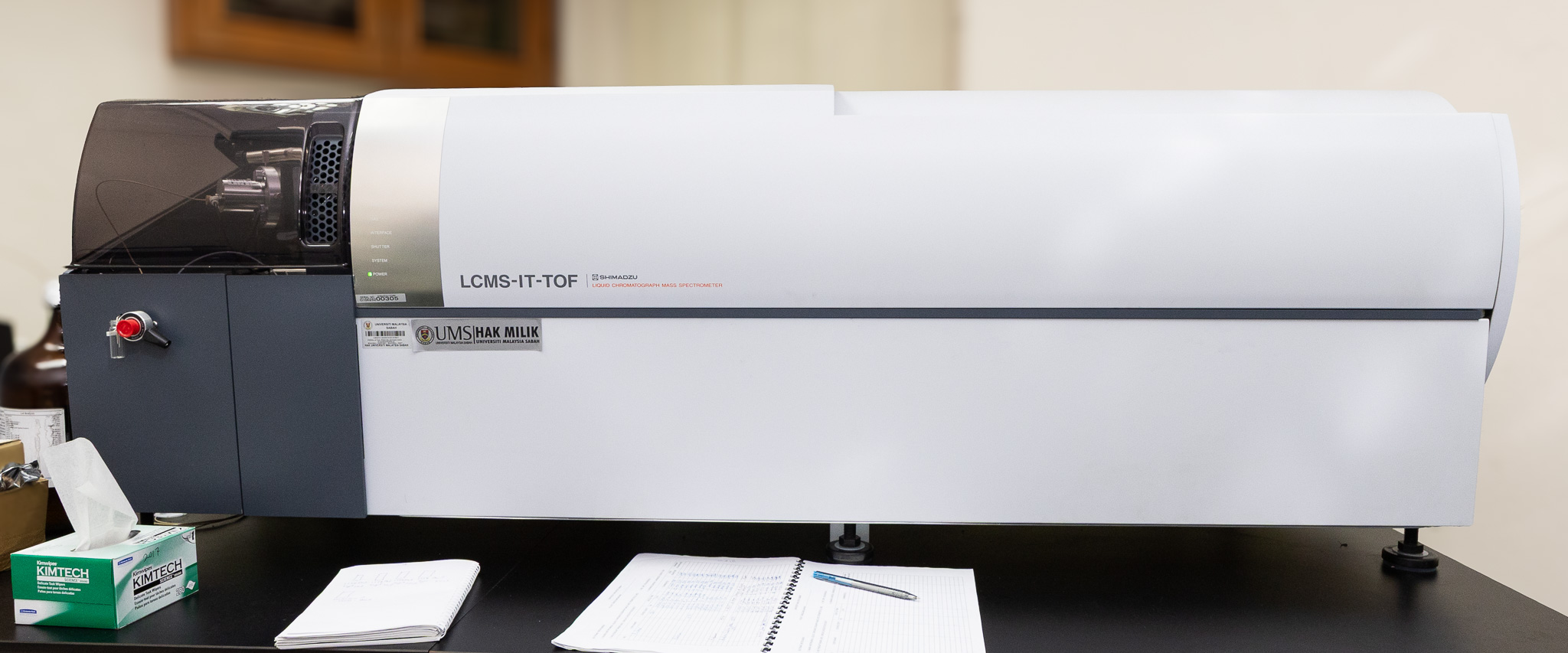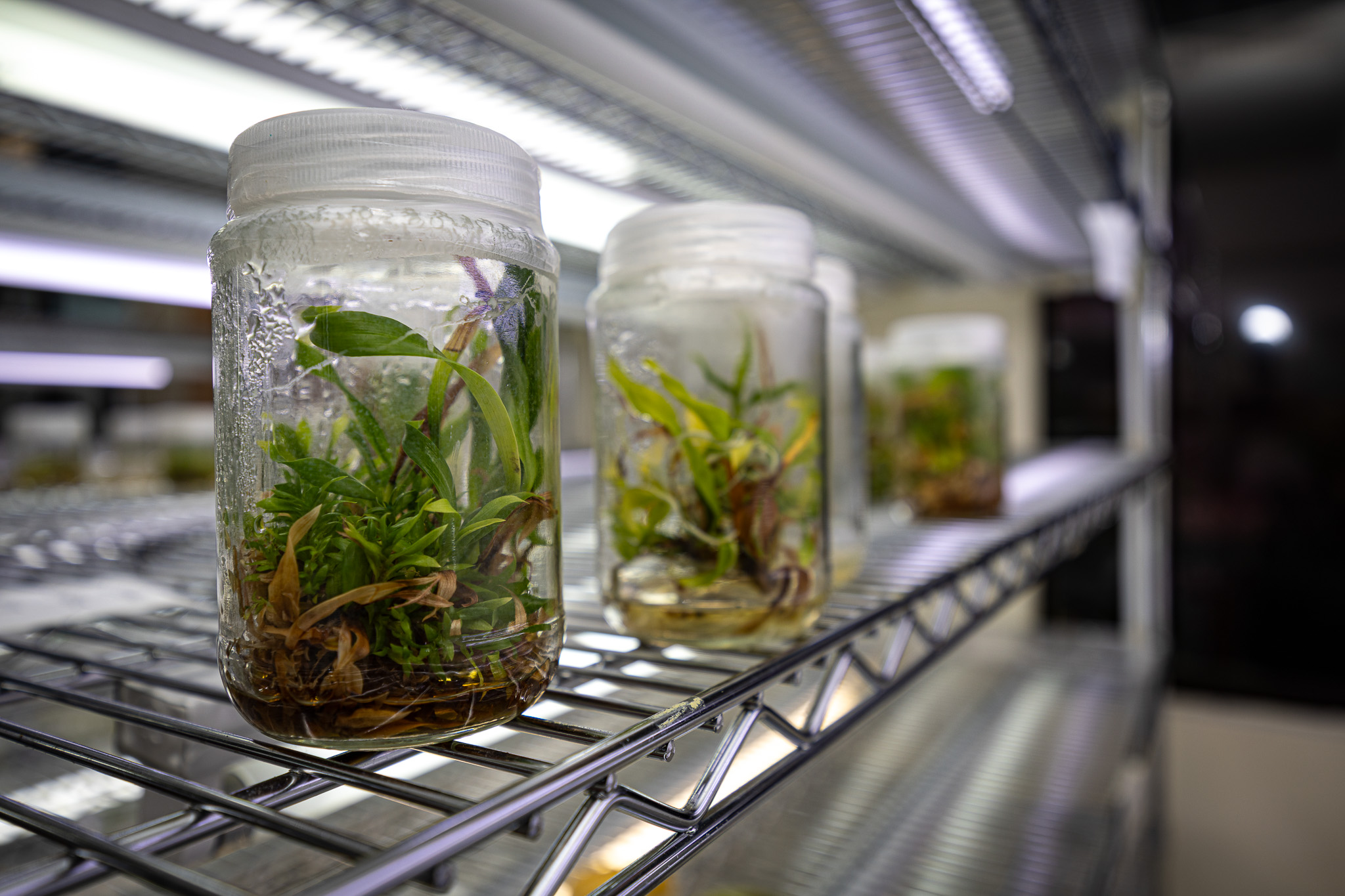SCIENCE SERVICES SECTOR
Comprising four (4) main sectors;
- Laboratory Management Sector
- Publication and Conference Sector
- Permit Management and Research Sector
- Social Services and Community Network Sector
Website Page Under Construction...20%
Research activities at IBTP are supported by main laboratory facilities and research support facilities.


Polymerase Chain Reaction (PCR) Laboratory
Polymerase chain reaction (PCR) is a laboratory technique used to amplify specific DNA sequences. It's a powerful tool for generating thousands to millions of copies of a particular DNA sequence, enabling detailed study and analysis.

Scanning Electron Microscope (SEM) Laboratory
Scanning Electron Microscopy (SEM) is a technique used to produce magnified images of a sample by scanning its surface with a focused beam of electrons. The interactions between the electrons and the sample generate signals that reveal information about the surface's topography and composition.



Instrumentation Laboratory

Tissue Culture Laboratory
A tissue culture lab is a specialized facility designed for growing plant cells, tissues, or organs in a controlled, sterile environment. These labs play a vital role in plant research, conservation, and large-scale propagation. They provide a space for researchers to cultivate plant materials under specific conditions, enabling them to study plant growth, development, and genetic makeup.



Mycology Laboratory
A mycology laboratory is a specialized facility dedicated to the study of fungi, encompassing their biology, identification, and role in various fields like medicine, agriculture, and industry. These labs employ a range of techniques, from classical microscopy to advanced molecular methods, to analyze fungal samples and understand their impact on ecosystems and human health.

Endocrinology Laboratory
An endocrinology laboratory is a specialized area within a clinical or research setting that focuses on the diagnosis and study of hormone-related disorders. These laboratories perform tests to measure hormone levels in bodily fluids like blood, urine, and saliva, aiding in the diagnosis and management of endocrine diseases.
